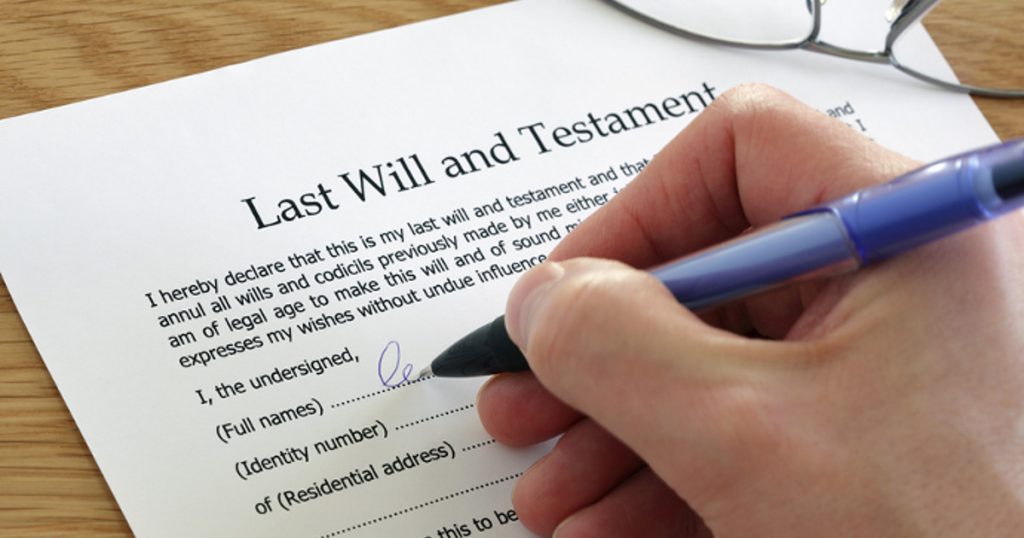A tight friendship bond between Sydney man Raymond McClure and his GP, Dr Peter Alexakis, is under investigation in the NSW supreme court, The Guardian reports.
Before his passing, McClure made multiple wills from 1986 to 2016, the court heard, leaving his multi-million dollar estate to the Salvation Army, one of his only friends Hildegard Schwanke and her daughter, and Frank Camilleri, a business partner he had known for almost 50 years and who had maintained the apartment buildings.
However, in the last few years of his life, McClure developed a close bond to his Greek Australian GP, ultimately deciding to leave him 90% of his $30m estate.
All three parties and Alexakis are contesting the will in a dispute that has been the subject of a two-week supreme court hearing that finished on Friday.
McClure falls ill
In 2017, McClure became seriously unwell. Alexakis, who had known McClure for about four years, would describe him in court as the sickest patient he had ever treated.
McClure was in palliative care because of a variety of health problems, including diabetes, colorectal cancer that had metastasised, a bowel obstruction, prostate enlargement, cataracts and lymphedema.
Alexakis spoke fluent greek like McClure and was the only person who regularly visited the 83-year-old in hospital. And because McClure was suspicious about other medical professionals and lawyers, he became increasingly reliant on Alexakis for more than just social interaction, Alexakis said.

In early June, McClure met with a solicitor in hospital with a view to changing his will. The solicitor, Angelo Andresakis, had been introduced to McClure by Alexakis. Alexakis told the court McClure had asked him to put him in contact with a lawyer to change his will, but had not discussed his planned changes – including that he planned to include Alexakis in the will – or the extent of his estate.
The court heard that Andresakis had completed Alexakis’s father’s will, performed work for Alexakis’s wife and her family for decades, and his firm had previously authorised a will on behalf of another patient of Alexakis who had gifted the GP $80,000. McClure was not aware of this existing relationship at the time of the meeting, the court heard. Andresakis denied he was obliged to disclose the extent of the relationship and said Alexakis had never told him that he expected to be a beneficiary of the will.
The first will Andresakis made for McClure allocated 65% of the estate – worth about $30m – to Alexakis. The second, which was made the following month and authorised after McClure had returned home from hospital, bequeathed 90% to the GP.

Lawyers for the Salvation Army, the Schwankes and Camilleri say Alexakis’s conduct during this period in mid-2017 is central to their case that he should not receive 90% of the estate.
Raoul Wilson SC, acting on behalf of the Salvation Army’s legal secretary Gary Masters, told the court it should find that a deal had been struck between McClure and Alexakis: firstly that the GP would get his patient out of hospital, and secondly that he would do all he could to ensure that McClure was able to receive the care he needed at home so he would not be admitted again.
Alexakis denies such a deal existed, but gave evidence that McClure had offered him $10,000 to get him out of hospital, which he refused.

Although Alexakis gave evidence he had never discussed McClure’s will with him, Wilson pointed to evidence to the contrary.
One witness said McClure told them he had multiple conversations with Alexakis about removing the Salvation Army from the will because of allegations regarding historical sexual abuse within the institution. McClure, the witness said, claimed Alexakis told him he should consider taking the Salvation Army out of the will, and he later decided to “leave my money where it could do some good. Peter is a good man.” Alexakis denied the conversation ever occurred.
Justice Trish Henry will hand down her decision at a later date.
There is more to this story. Read the rest on The Guardian Australia
